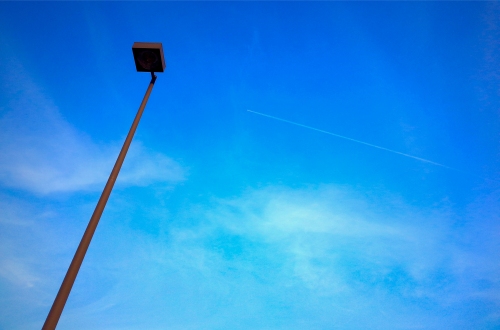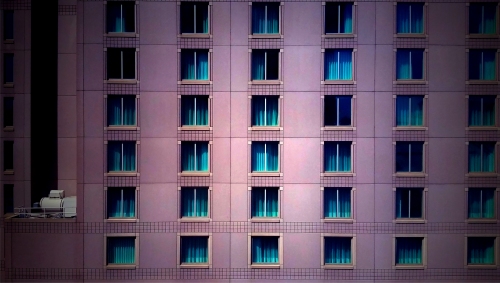
In the car this evening, while I was taking Maggie to the store for some clothes she needed, she said from the seat behind me, “This guy is beautiful.”
I paused for a while. And it was a long time before I finally asked Maggie, “What guy?”
But I wasn’t all that interested in which particular person she was referring to, because what was going through my mind again was how her working on a play called “It’s Not Easy Being A Teen” really seemed to be turning her into one. She’s the youngest of the six girls doing the theater workshop for which this play is the product—and, since she’s only ten years old/soon to be eleven, she’s the only one who isn’t even a real teenager yet.
This morning, while I was on the way to take Julien to his morning session at summer camp, a song from 1987 came on the car stereo. Maggie, who was accompanying us, asked, “What’s that song?”
“It’s called ‘When Smokey Sings,’” I told her. “It’s by a band called ABC. It’s a tribute to the singer Smokey Robinson.”
“Ah,” she said.
“Why, do you like it?”
“Yes!”
Later today, when I picked her up from her theater camp, Maggie said that “When Smokey Sings” was going through her head all day. I then told her how I had the song on a mix tape that I’d play on the train a lot when I was living in New York and going to or from DC. Then I remembered how when I was her age, one of the songs that I certainly must have had going through my head was Smokey Robinson and the Miracles’ “Tears of a Clown,” which is probably my favorite of all of Smokey Robinson’s songs—and just one of my favorite songs period.
I marveled, for a moment, at the Smokey Robinson connection. Though one thing that was different was that when I was ten I really don’t think I would have said to either my mother or father that I thought someone was beautiful. Being more on the shy and reserved side, I wouldn’t have been mentioning this sort of thing to them–or to anyone else for that matter—until I was a teenager.
Then, after all this went through my head was when I finally asked Maggie, “What guy?”
“What?” she answered.
“I said, ‘What guy?’ You said, ‘this guy is beautiful?’”
This time Maggie paused. “Wait, you thought I said ‘this guy?’ No, I said ‘The SKY.’ The sky is beautiful.”
“Oh, the SKY,” I said. And I was sort of relieved, because I didn’t know if I was quite ready for who she finds attractive to become a regular topic of conversation.
I parked the car, and as we got out of the car I tried to remember what age Maggie was when I finally didn’t feel I had to hold her hand whenever we got out of the car. I know I must have been doing it way past the age when other parents feel they need to do it. Maggie didn’t seem to mind, though, and I eventually moved on to the next stage. It’s not easy for me, but over the years, from when I was a child to now, I find that somehow I keep evolving, which reminds me—despite whatever the idiots out there may say—that evolution, in its many forms and processes, is life.
After dinner today Maggie played a song for Julien on Heather’s phone. I don’t remember what the song was—all I recall is that it was something current—but I imagine that years from now, Maggie may remember what this song was, and Julien too will remember. And they’ll remember this place, and these days, and all the things we did as acts of evolution and revolution. All the things we did because we had to.
-Jose Padua








